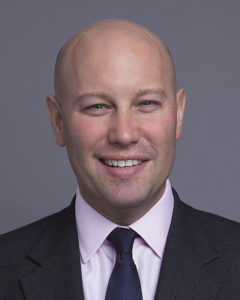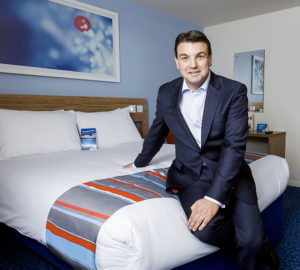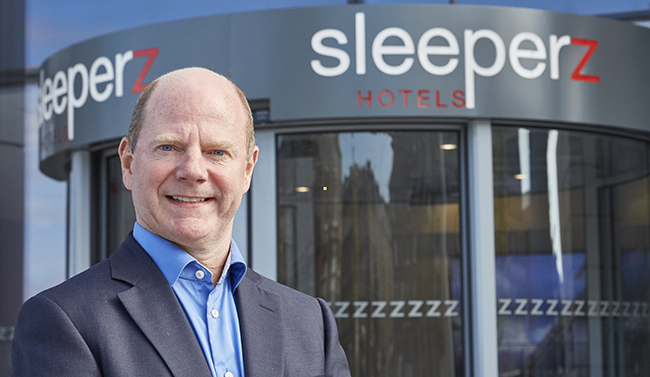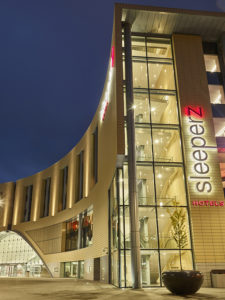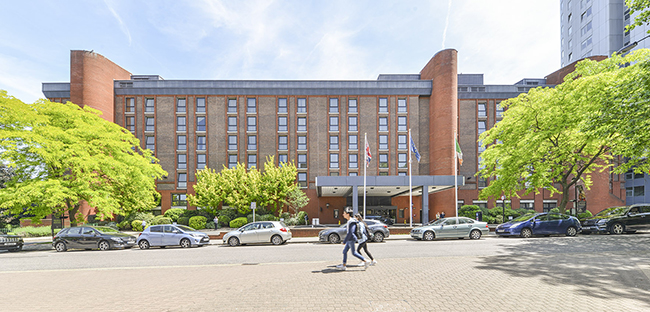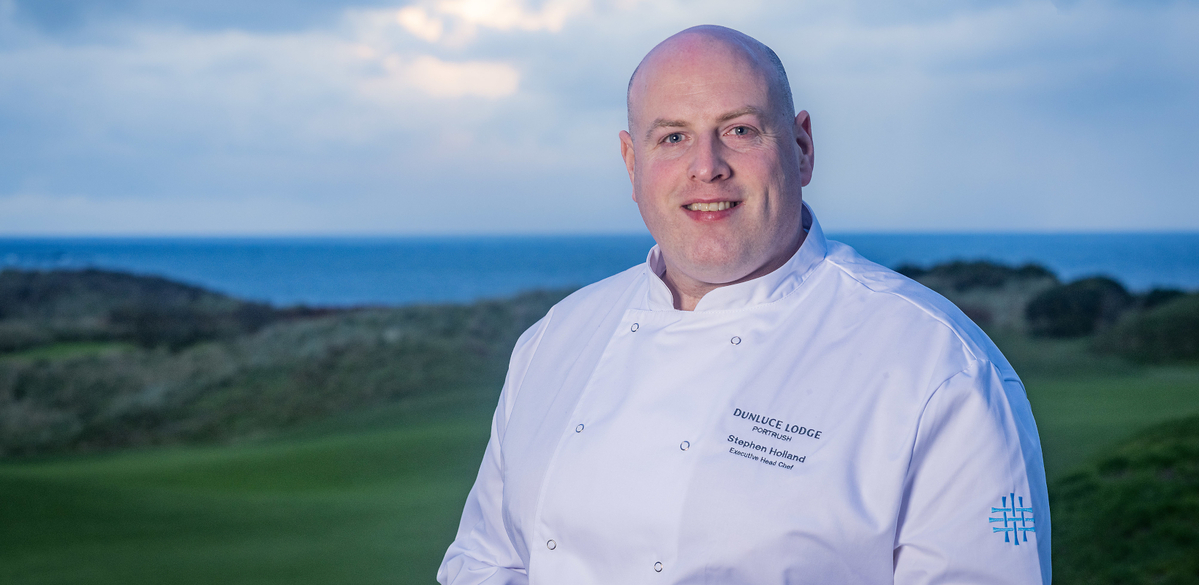Are local councils the new hotel investors?
Local authorities spent a record £93m in 2018 on buying hotels using low-interest loans, creating local jobs and safeguarding their future. Katherine Price investigates how councils are getting into hospitality
More and more local councils are capitalising on low-interest government loans to purchase commercial property, with a record £93m spent on buying hotels in 2018.
Research by property firm Knight Frank found a 182% increase in how much councils spent in 2018 compared to the previous year. More than £600m of investment is planned up until 2023 through private-public partnership schemes, where hotels are the primary focus in a developments with either outline or detailed planning permission. This rises to £1.8b where hotels are secondary parts of larger, mixed-use schemes.
Since 2004, local authorities have been able to borrow without government consent, provided they can afford the repayment costs, and the trend is set to continue until 2021 when the Public Works Loan Board, a national body that lends money from the National Loans Fund to local authorities, is due to be abolished. But does this create an unfair advantage for councils when competing for properties?
"Lots of people have different costs of capital. For example, an investor from Hong Kong has a currency advantage and can borrow domestically in Hong Kong or Singapore at a cheaper rate," said Roy. "Different people have got different opinions and advantages, and that's what makes a market.
"Council money is very safe, secure and long-term. This is not ‘let's develop a hotel, flip it on and make a profit'. Councils are there for the long term; they are very good partners for hotels and hoteliers because this is not quick in-and-out money."
He described councils as "sensible and conservative property investors", and the majority he has seen have opted to lease out their hotels through full repairing and insuring leases, where the refurbishment and maintenance of the hotel are the responsibility of the operator and the council is a very hands-off owner.
Councils as partners
Travelodge has been openly targeting councils; the group wrote to 210 local authorities in 2017 to suggest working together to build hotels on surplus local authority land and it is counting on these kinds of partnerships to achieve its goal of opening 100 hotels in the next five years.
The budget hotel chain already operates council-owned hotels in Aylesbury, Ashford, Bicester, Dudley, Eastleigh, Redhill, Telford (pictured), Thetford and Rhyl, and just last year opened a £14m, 140-bedroom hotel in Scarborough with the council.
"It has been very successful. We expect to do more and more as time goes by," said Gowers, who strongly believes in the mutual benefit of hotel operators working with councils.
"They're a stable property partner. They've got a vested interest in the success of the town, so they'll help to supply parking provision and will be supportive when it comes to trying to design the hotel in a way that is sympathetic to the local area," he added.
Meanwhile, the local authority will benefit from increased accommodation, more money coming into the local economy as a result of visitors staying longer (for every £1 the average Travelodge customer spends in the hotel, they spend £1 outside) and Gowers said Travelodge has been "very successful" at supporting regeneration projects.
Councillor Natalie Bramhall is the executive member for property and acquisitions at Reigate & Banstead Council. On the opening of the Redhill Travelodge she said the Surrey town "really needed" a Travelodge to meet the needs of the town's businesses and visitors, and that the hotel is expected to "boost the town's evening economy, as well as bringing the council a return on its investment".
David Winch, director of the Land Group, a joint venture partner with Breckland Council for the Thetford Travelodge in Norfolk, said having such a well-known and recognised UK brand in the town would help drive its regeneration.
A meeting of minds
"Experience has shown us that councils are generally good people and good parties to work with," said Sleeperz chief executive David Myers. "Where there's a meeting of vision and values, it's a recipe for huge success."
He added: âWeâd be very happy to [work with councils in the future]. We have had a couple approach us.â
Also in Dundee, the council is expected to retain ownership of a £20m, 150-bedroom AC Hotel by Marriott in the city subject to planning and on completion.
âSome of our existing partners are city councils and we are certainly open to working with them on future projects,â said a spokesperson for Marriott International.
Croydon Council comments
At the time, councillor Simon Hall, cabinet member for finance and resources for Croydon Council, said authorities are having to look at ânew and innovative waysâ to fund core services âat a time where government grant funding for local authorities continues to fallâ.
On whether the council remains on the lookout for further hotels, a spokesman for Croydon Council said: âWe canât categorically say we would or wouldnât buy more hotels. Any purchase would depend on what assets become available on the market, how much they are and the return available on any purchase. Each potential purchase would be judged on its individual merits.â
Local councils spend record number on hotels >>



